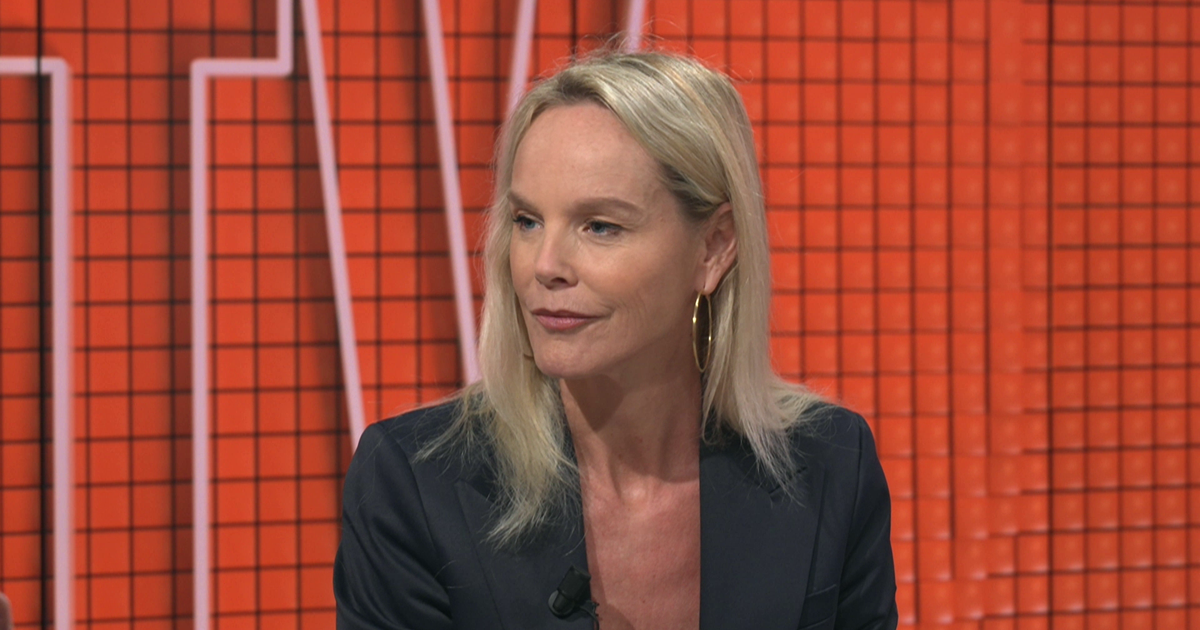It's a kind of sea serpent. A recurring subject of public debate, but a stubbornly insoluble equation.
In 2020, women made up 17% of the Tech workforce, according to the Gender Scan 2022 study, as the number of female graduates in the sector increases and companies struggle to find the recruits they need.
Worse: girls desert science courses from high school, as revealed by a report published in the fall of 2022 by the Maths and Sciences collective.
Its authors warned of the 61% drop in their number among students receiving more than six hours of weekly mathematics lessons since the baccalaureate reform in 2019.
To discover
Exclusive Madame Figaro visits
:
register for Art Paris on April 1
Read alsoAward-winning start-ups, robots in the scrubland, eco-designed buildings… how Marseille is becoming the city of radiant tech
Clearly, parity in Tech is not for today, nor even for tomorrow.
Except, perhaps, within the new school of data and artificial intelligence of the La Poste group.
Launched on March 9, this work-study school trains 51 learners and has achieved gender balance from its first promotion.
The result of a clear desire, even, according to Nathalie Collin, general manager of the Consumer and Digital branch of the group, of a form of necessary intransigence.
Miss
Figaro.
-
Women and girls are increasingly rare in science and technology.
How do you view this situation?
Nathalie Collins.
-
It is very regrettable, because those who work in Tech think about the world of tomorrow, which cannot be unigendered.
Algorithms are not neutral, they are a tool of intellectual and cultural domination.
The more we realize this, the better it will be for society as a whole.
Ensuring that everyone contributes to shaping them seems to me in fact a measure to safeguard our democratic model.
Especially since we are talking about new professions, not old, traditionally male professions.
There should therefore be no barrier to entry, quite the contrary.
Information systems, data and IT in general offer great opportunities for diversity.
Things are moving, but too little.
Read alsoGaining five hours of free time a week: five keys to getting there
Yourselves, how did you achieve parity among your first class?
I simply demanded it.
Otherwise, I refused that we start the school.
I remember that, when we presented our project at the VivaTech fair, many young people came to tell me that they wanted to register.
I replied, "Fine, but it's like going to a nightclub: go to your school, find a woman interested in our training and come back with her."
We finally had many more applications than expected, and reached 55% of women in our first promotion.
We have adopted the same approach for the winning start-ups of our French IoT competition.
When I noticed that their management teams had only 10 to 15% women, I decided to make parity one of the conditions of our support: in three years, we reached the rate of 50%.
I don't want to hear "there are no women".
Finding 50% of the population is not that complicated.
But we must also free them.
Women are blamed for everything: for being too absent or too present, too motherly, too controlling... Putting women in the minority and in difficulty is part of a system of male domination.
Coming out benefits both women and men.
In video, Morgane Miel: “There is a problem called women and money”
Read alsoWho said you can't do everything at the same time?
Does this mean that you advocate positive discrimination in recruitment?
It has existed for the benefit of men for 3000 years.
I don't think it's a problem to allow women to benefit from it for a few years, given the delay that we have to catch up.
Take the Coppé-Zimmerman law on parity on boards of directors.
Without this positive discrimination, women would never have succeeded in achieving it.
In Tech too, you can search, identify female profiles and encourage vocations.
Our teams have shut down LinkedIn, asked influential female developers to open up their networks to us, and asked others to find their former friends from engineering school... These approaches pay off.
Read alsoClara Chappaz, director of the French Tech Mission: “The ecosystem must accelerate on parity”
Why is it so important for women to invest in these professions?
Because they offer an extraordinary opportunity, careers of the future, with strong progression - data is everywhere today, and more and more!
Ourselves, we hope to increase from 51 to 250 learners in three years, and cover all professions:
data analyst, data product owner, data scientist
... Here too, the challenge is to identify women in mathematics masters , chemistry or even management, and to arouse a vocation in them.
You have to be a bit militant.
No doubt I am.
But without that, things will not change.
And it's so easy to leave things the same...















